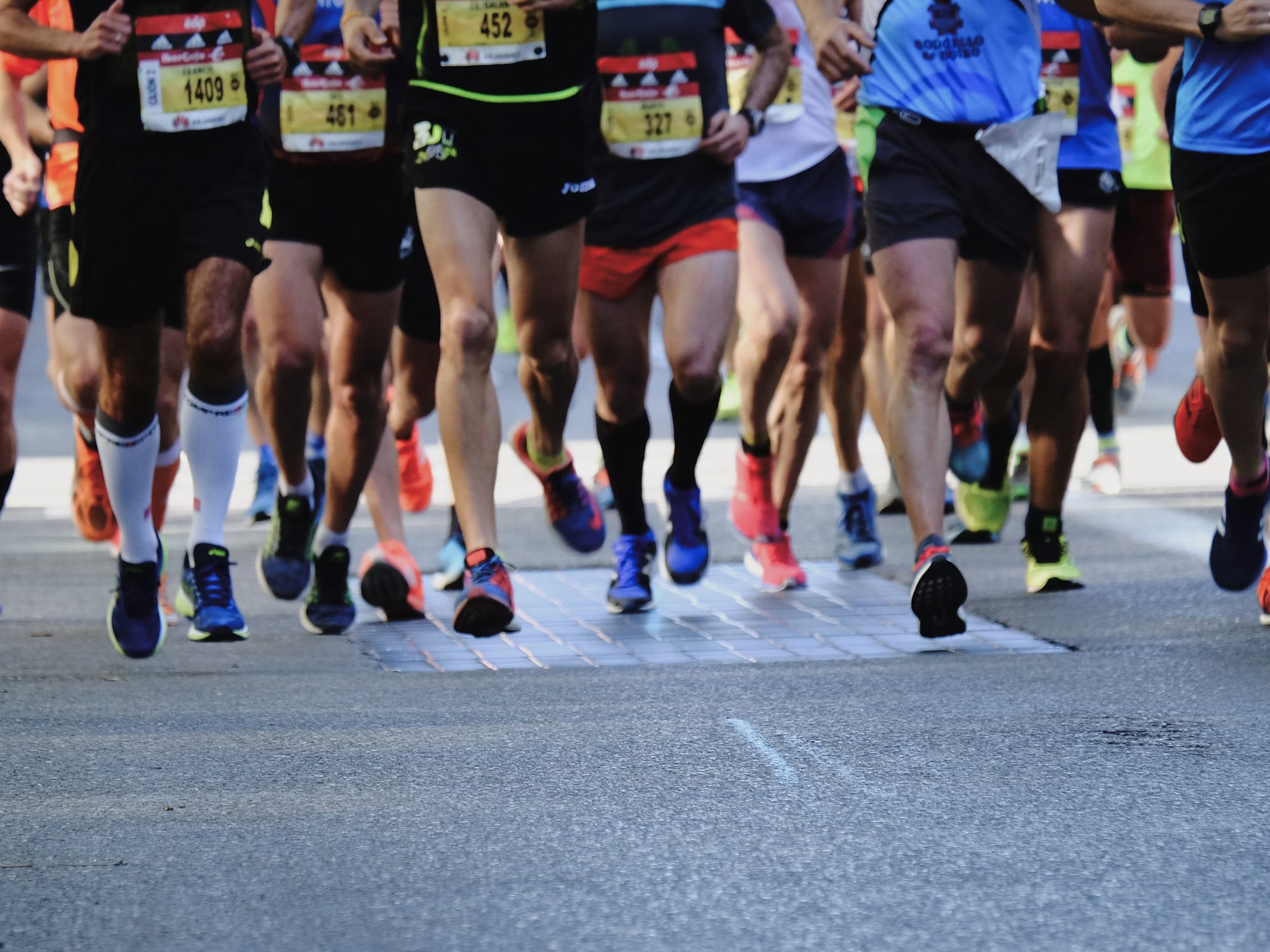By Oscar Coupal, Sport Editor
We are welcomed into 2024 by January’s glacial temperatures and an annual blossoming of a fresh group of runners inspired by New Year’s resolutions.
For many people, the beginning of the new year represents a time to implement change and develop routines. From a psychological perspective, the reason why we implement resolutions is to create actionable plans for self-improvement, turning inconsistent behaviours into habit. After all, John Norcross, a professor of psychology from the University of Scranton, claims that people who make New Year’s resolutions are ten times more likely to achieve their goals than those who do not.
As someone who struggles to swap the warmth of being inside at this time of the year for a pair of running trainers and Strava, I am interested in the reasons as to why so many students at the University of Bristol have decided to start running. To find out more, Epigram has spoken to a collection of students, in order to unpack the physical and mental implications of taking up running, overcoming low motivation and the reasons that got these students hooked.
Epigram spoke to Second Year Economics student Thomas Shaw, about why he took up running as his New Year’s resolution. He commented:
‘I always did a bit of casual running, but this year I wanted to start taking it more seriously by consistently going on runs and improving on my five and ten-kilometre times. The main reason is to better my fitness for playing football, as well as the more general health benefits.’
It is clear that people run as a means to improve fitness for their other sporting hobbies. Newbie runner Lily Cotton (Second Year, Mathematics) also testifies:
‘I wanted to improve my fitness to support my dancing, as we have competitions coming up where the routines will require lots of stamina.’
For some, going for a run is a preferred alternative to the often-intimidating atmosphere of the gym. The students we interviewed see running as a perfectly viable option for improving strength and fitness for daily life and sport, at both social and competitive levels.
Running has a large catalogue of physical benefits for the body including better cardiovascular health, higher quality of sleep and a stronger immune system. Shaw spoke on the physical benefits he experiences from running:
‘Overall, I just feel fitter and as a result I experience less illness. I also think I will pick up less injuries and will be able to sustain harder challenges in football as my body becomes more acclimatised to running.’

Studies have also shown that running can improve mental wellbeing. Having completed a run, naturally occurring endocannabinoids are released in your body which provide short-term feelings of reduced stress and calmness. Running also supports some people to lessen their sense of loneliness and can alleviate feelings of anxiety.
Epigram spoke to Second Year Geography student Archie Macleod about any changes to his mental clarity that he has experienced as result of taking up running. He notes:
‘I feel like I have done something constructive during the day, even if not much else has been going on. It also helps to add some structure to my day.’
Shaw remarked on mental health:
‘Personally, I think the largest benefits [of running] I feel are on my mental health. It gets me out of the house and into nature… It’s also a great way to socialise with friends!’
However, despite all the aforementioned positive implications of running, I wonder how our interviewees sustain motivation to get themselves out of the house, especially in the winter months. Epigram spoke to Luke Hale, (Second Year, Politics and International Relations) about what helps him to get his running shoes on:
‘I always lack motivation; however, I find running with friends is my best motivator.’
Interestingly, Cotton commented:
‘I just convince myself that I really want to get outdoors and get some fresh air. I think of the “getting outdoors” aspect before I even think about the running aspect, which really helps with my motivation.’
The way individual runners overcome a lack of motivation is unique and personal to each person. Our interviewees seem to suggest it is a combination of mindset and social aspects, like running with friends and competing for fastest times, that gives them the motivation to continue running.
Recently, the University of Bristol Athletics and Cross-Country Club (UBACCC) discounted membership fees by 40 percent and announced ‘Give it a Go’ sessions, in order to encourage students who made running their New Year’s resolution to come along.
Featured image via Unsplash: Massimo Sartirana
Will you pick up running as your resolution this new year?









